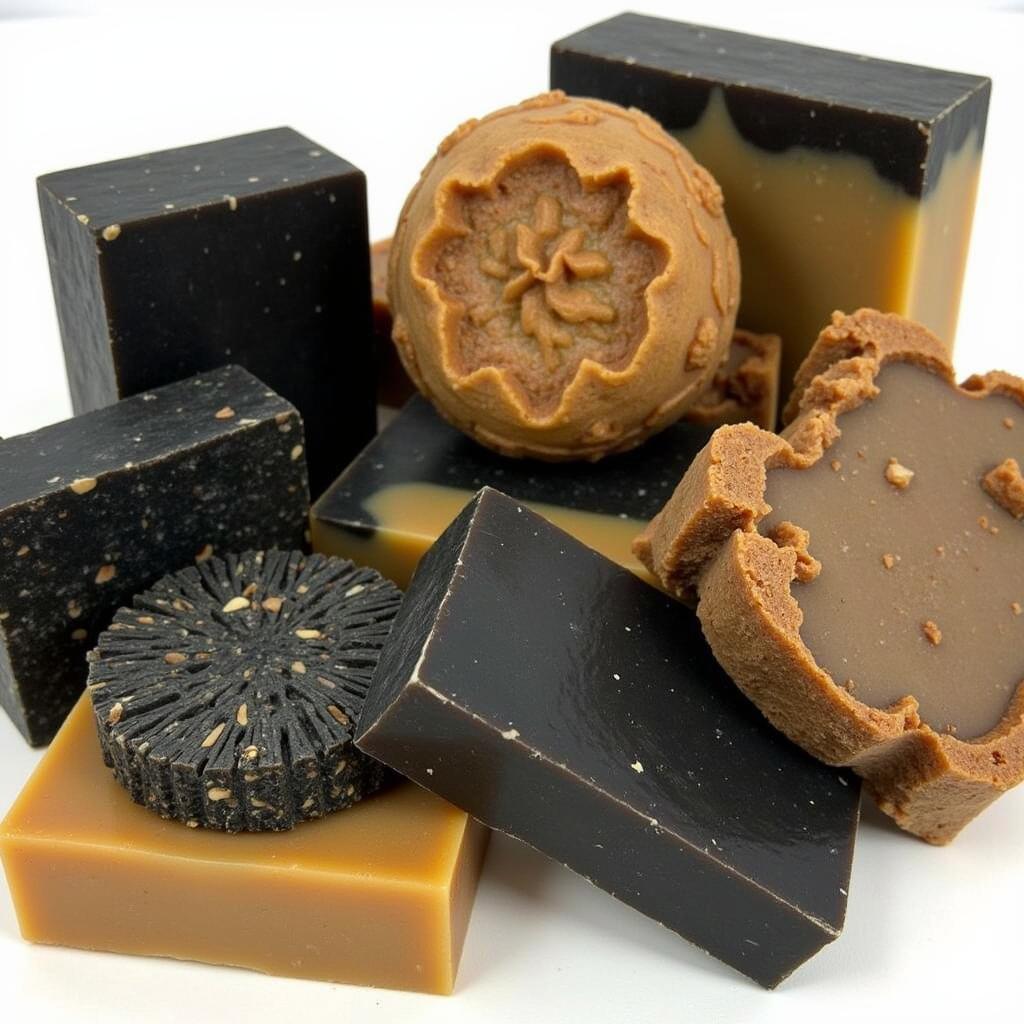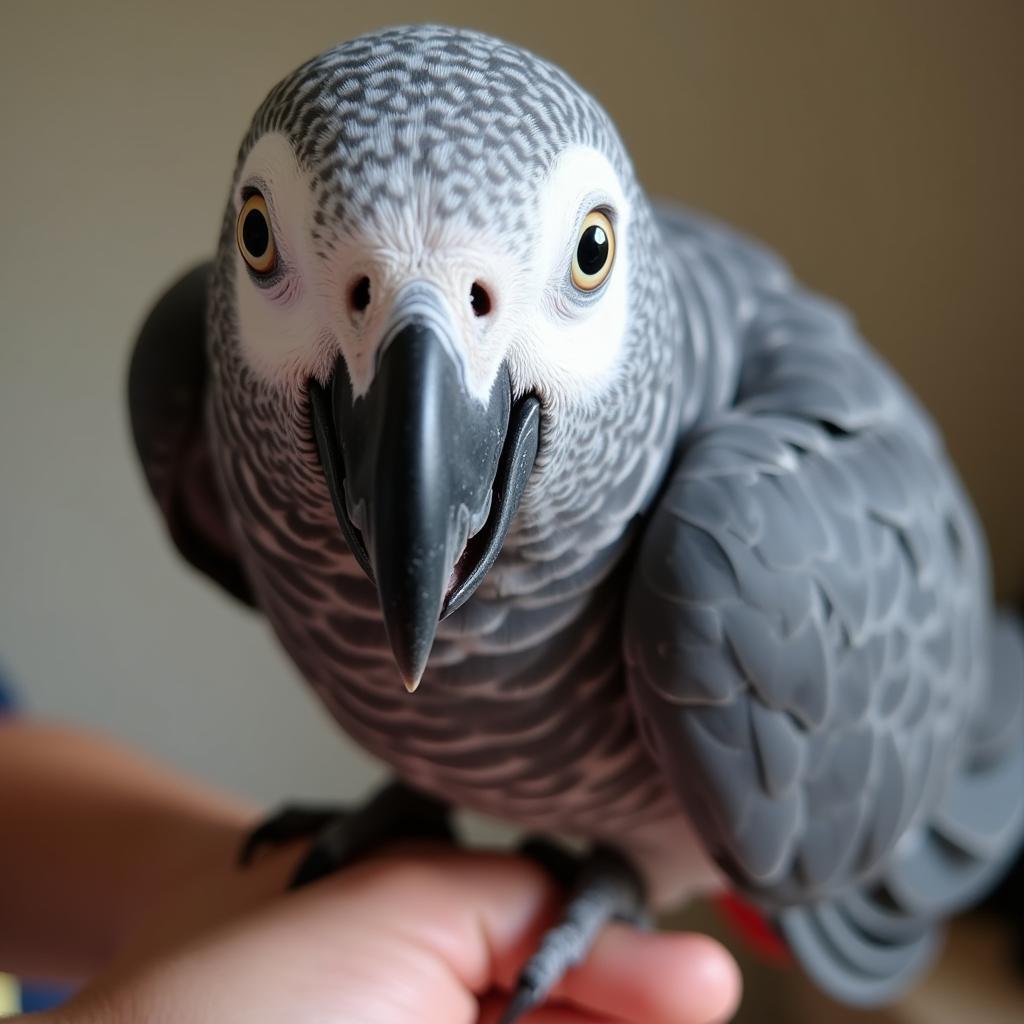Exploring the Rich Diversity of African Men
African black men represent a vast tapestry of cultures, histories, and experiences. From the bustling metropolises of Lagos and Nairobi to the serene landscapes of the Serengeti, their stories are as diverse as the continent itself. This article delves into the multifaceted nature of African men, exploring their contributions to art, music, literature, sports, and various other fields.
Unveiling the Stereotypes Surrounding African Black Men
Often, the image of African black men portrayed in Western media is limited and stereotypical. These portrayals often fail to capture the complexity and nuance of their lives. This section aims to challenge these preconceived notions and showcase the rich diversity within African communities.
One common stereotype paints all African men as impoverished and struggling. While poverty is a real issue in many parts of Africa, it is essential to remember that the continent is also home to thriving economies and a burgeoning middle class. Entrepreneurs, innovators, and leaders are shaping the future of Africa, driving economic growth and creating opportunities.
Another harmful stereotype depicts African men as aggressive or violent. This generalization ignores the peaceful nature of the vast majority of African men and the strong emphasis on community and respect that exists in many African cultures.
Celebrating the Achievements of African Black Men
African men have made significant contributions to the world in countless fields. From Nobel Prize laureates like Wole Soyinka and Nelson Mandela to groundbreaking athletes like Eliud Kipchoge and Didier Drogba, their accomplishments inspire and motivate generations.
In the realm of music, artists like Fela Kuti and Youssou N’Dour have captivated audiences worldwide with their unique sounds and powerful messages. Their music reflects the vibrant cultural heritage of Africa and gives voice to the struggles and triumphs of its people.
African literature is rich with the voices of talented writers like Chinua Achebe and Ngugi wa Thiong’o. Their works explore themes of colonialism, identity, and the human condition, offering profound insights into the African experience.
The Importance of Understanding Cultural Nuances
Africa is a continent of immense cultural diversity. Each country, each region, and even each tribe has its own unique customs, traditions, and values. Understanding these nuances is crucial to appreciating the multifaceted nature of African men.
For example, concepts of masculinity and leadership can vary significantly across different African cultures. In some societies, elders are revered for their wisdom and experience, while in others, leadership is based on strength and prowess.
Family structures and social hierarchies also play a significant role in shaping the lives of African men. Understanding these dynamics is essential to gaining a deeper appreciation for their experiences.
Conclusion: Embracing the Full Spectrum of African Masculinity
African black men are not a monolithic group. They represent a vast array of cultures, backgrounds, and experiences. By moving beyond stereotypes and embracing the full spectrum of their identities, we can gain a richer understanding of the continent and its people. Exploring the diversity of African men allows us to appreciate their contributions to the world and celebrate their resilience, creativity, and strength. Remember, the future of Africa, like its past, is being shaped by the diverse contributions of its people.
FAQ
- What are some common misconceptions about African men?
- How does Western media contribute to stereotypes about African men?
- What are some notable achievements of African men in various fields?
- Why is it important to understand cultural nuances within Africa?
- How can we promote a more accurate and nuanced representation of African men?
- What are some resources for learning more about African cultures and history?
- How can I support organizations working to empower African communities?
Common Questions About African Cultures
- What are some traditional African religions and spiritual practices?
- What are the roles of men and women in different African societies?
- What are some common family traditions and customs in Africa?
- What are some important historical events that have shaped Africa?
- How has colonialism impacted African cultures and societies?
Related Articles
- The Power of Storytelling in African Cultures
- Exploring the Diversity of African Music
- The Impact of African Art on the Global Stage
- Traditional African Cuisine: A Culinary Journey
When you need assistance, please contact us by Phone: +255768904061, Email: [email protected] or visit us at: Mbarali DC Mawindi, Kangaga, Tanzania. We have a 24/7 customer service team.

